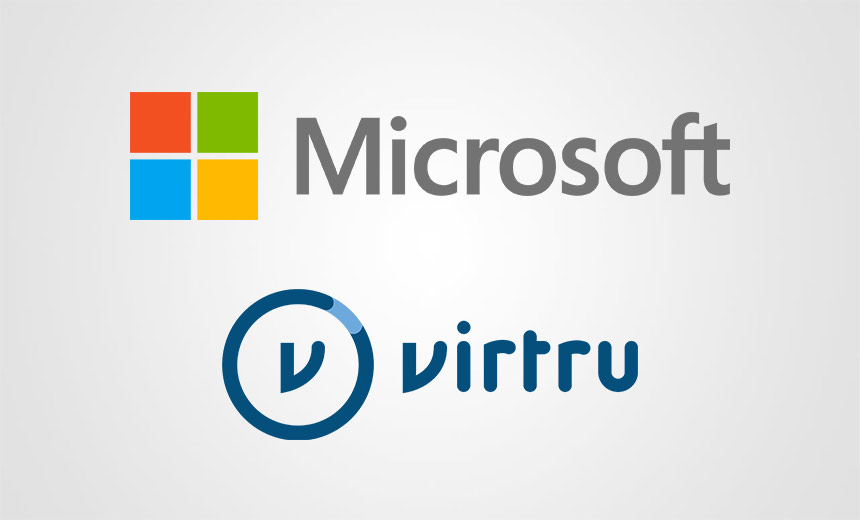Data Security,
Encryption & Key Management,
Litigation
Settlement Reached in Virtru’s Patent Infringement Case Against Microsoft’s Message Encryption Tool

In a significant development, Virtru has settled a lawsuit against Microsoft that contested the alleged infringement of its patents related to data protection in messaging. This legal battle, which spanned over three years, concluded this week, allowing both parties to move forward following a confidential agreement.
Based in Washington D.C., Virtru claimed that Microsoft’s Purview Message Encryption technology infringed upon its patented method that facilitates secure data sharing without necessitating new credentials for recipients. This settlement has resulted in the dismissal of the lawsuit, bringing an end to an extensive legal conflict.
Virtru’s CEO, John Ackerly, expressed a sense of accomplishment following the outcome. In a blog post, he emphasized the challenges of competing against a technological giant in court but noted that the resolution validates the innovative spirit behind Virtru’s foundational ethos.
Recently, Virtru secured $50 million in funding, valuing the company at $500 million. This investment aims to enhance their capabilities in governing unstructured data and artificial intelligence, allowing for more controlled sharing of sensitive information while extending beyond traditional network boundaries, according to CMO Matt Howard. Since its inception in 2012, Virtru has expanded its team to 215 employees and raised a total of $190 million through several funding rounds.
Details of the Allegations Against Microsoft
Virtru alleged that key components of its patented technology were replicated by Microsoft after discussions about potential partnerships from 2015 to 2017. During this period, Virtru shared critical architectural information regarding its encryption system that allows users to securely share encrypted data without generating new credentials. In 2017, Microsoft introduced a competing feature, leading to claims of infringement on three of Virtru’s patents.
According to court documents, Virtru asserted that the companies established a non-disclosure agreement in 2015 and that significant technical details were shared in meetings with Microsoft in late 2016 and 2017. Following these discussions, Virtru alleged that Microsoft ceased communication, only to subsequently launch a rival encryption service.
Virtru claimed that Microsoft’s technologies infringed not only its patents but also induced clients to use products in a manner that compromised Virtru’s intellectual property. The company sought financial damages, additional penalties for willful infringement, and injunctions to prevent further use of its patented technology.
Microsoft’s Defense Strategy
In response to Virtru’s allegations, Microsoft maintained that its message encryption features did not engage in the patent processes outlined by Virtru. It argued that its system automatically selects identity providers and that the trigger for encryption is user-driven rather than back-end, as defined in Virtru’s diagrams.
Microsoft also filed a motion for summary judgment, asserting that its workflow did not involve accessing control systems as described in Virtru’s patents. The company underscored the routine nature of the identity provider steps involved, suggesting they were not deserving of patent protection.
This settlement serves as a pivotal moment in the ongoing dialogue surrounding intellectual property in technology. It highlights the challenges firms face when navigating patent laws, particularly in a rapidly evolving landscape. As businesses grow increasingly reliant on sophisticated encryption methods to safeguard data, understanding the implications of such legal disputes is crucial for maintaining compliance and protecting proprietary technology.
